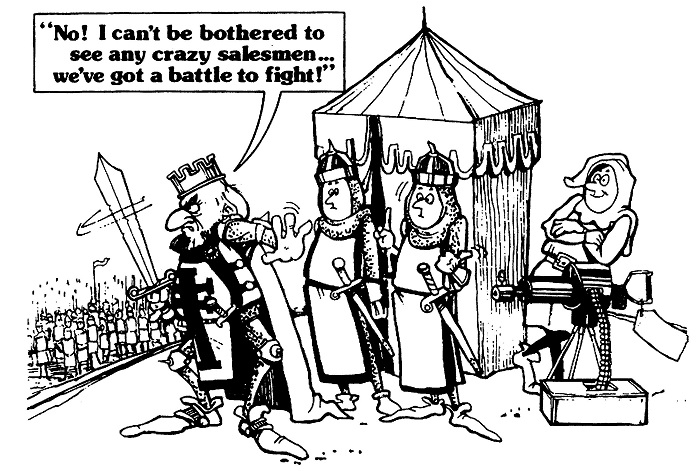As a political activist, I find that having my own website is a huge asset.
Some issues are enormously complicated, and a website can greatly simplify
getting your message out.
|
Tool |
Positives |
Negatives |
|
email |
|
- People get inundated with emails. Unless your message is
extremely brief, it likely will get ignored.
- Attachments are seldom welcome, because they clog one's email
box.
- Typos can't be corrected once you
press the send key.
|
|
Facebook |
- Almost everyone uses it.
- If you post something and later discover that you made an error,
you can edit your post or delete it.
- If one of your Facebook friends starts posting objectionable
things, you can delete that person from your friends list.
- Facebook uses real people's names [... or at least they try to]
as ids.
|
- Your message gets lost easily. After a day or so, it gets buried
under an avalanche of cat videos and other drivel.
- Facebook makes it difficult to share information on other media.
If you want to download a video and excerpt a piece of it, that can't
be done easily.
|
|
Forums |
- Comprised of people interested in the same issues.
|
- Drivel and time can drown out your message.
- Not organized by subject.
- Seldom are real names used as ids.
|
|
Meetings |
- Talking to someone face-to-face is far more likely to win their
approval than any technology.
- You're talking with real people ... not some possible fake id on
social media.
If you're talking to people who are unfamiliar with your cause, focus
on the top of your pyramid [see website, below].
|
- Very time consuming.
- Limited audience.
- To be successful, you need to be a good public speaker. It
takes work to become one.
|
|
Newspaper |
|
- Fewer and fewer people are reading newspapers. They mostly
get their news via the internet.
- Chapel Hill no longer has a newspaper.
- Too time consuming to read.
- Is not realtime.
- Costly.
- Too many advertisements.
|
|
Phone |
|
- Very time consuming. You can only reach one person at a
time, and they may hang up on you or not answer.
- For details, direct the listener to your website, but that can
be cumbersome if your website has a long URL.
|
|
Signs |
Great way to draw attention to a cause. I first learned about
DOLRT (Durham Orange Light Rail project) when driving on Farrington Road
and seeing a sign that said "Say no to Light Rail."
Ideally, your sign should display your website's address. |
- Costs about $ 8 each.
- You may need many.
- Timeconsuming to place and later remove.
|
|
Twitter |
[I don't use Twitter, so my knowledge of it is limited.]
|
- "Tweets" are limited to 280 characters, so the content has
little depth.
- Possible fake ids.
- Lots of drivel.
|
|
website |
- A huge advantage is that you can organize your website any way
you want. You control what goes where and how long it remains
visible to viewers. I strive to
organize my website "pyramid style" [my term]. The top tier pages are
short and summary in nature. They are the "top of the
pyramid". Secondary and tertiary pages give details ... which
sometimes can be very long. These sections are the lower
levels of the pyramid.
- Easy to reference via email, Facebook post, etc.
- No advertising [unless you want it]
- You can correct your material after you've sent out a link.
- People can't comment on your material unless you have a blog
section. To me, that's an asset, because it keeps your adversaries at
bay. I don't want to spend my time responding to posts by
others. Doing so would drain a lot of my time.
- I paid $ 280 for 100 gB of website space and 3 years of hosting
service. My web space is only 9% full despite countless videos
that I've stored on it. $ 280 was a bargain.
- Anyone in the world can read what you post. People don't
have to subscribe to it.
- Your website may motivate people to change without you even
being aware. A person on the other side of the globe may find
your website, like something they find on it, and then modify their
own behavior. Because of this phenomena, you should be
cautious about you say. The whole world might be listening.
|
- If you're not a tech geek, you may have to hire
someone to build and maintain your website [$50/hour and up]. That would be
costly. I'm an
MIT graduate who has spent my entire adult life programming
computers. This includes 20 years of web publishing. Maintaining my own website is easy for me.
I can make updates quickly, and it doesn't cost me anything.
- You have no control over who reads your website unless you make
it password protected ... which would be a hassle plus it would
severely limit your audience.
- Unless you spend a lot time and/or money, your website likely will
not draw a large audience.
|
|
YouTube |
- Everyone uses it.
- Easy to reference via email, Facebook post, etc.
|
- Advertising. I hate having to spend time looking at an
advertisement before I can see a video.
- There is no way to connect videos hierarchically. You need a
website to do that.
|

